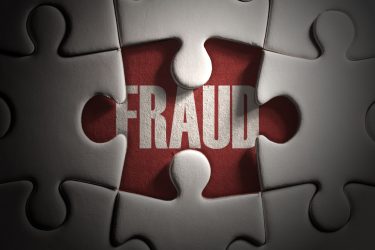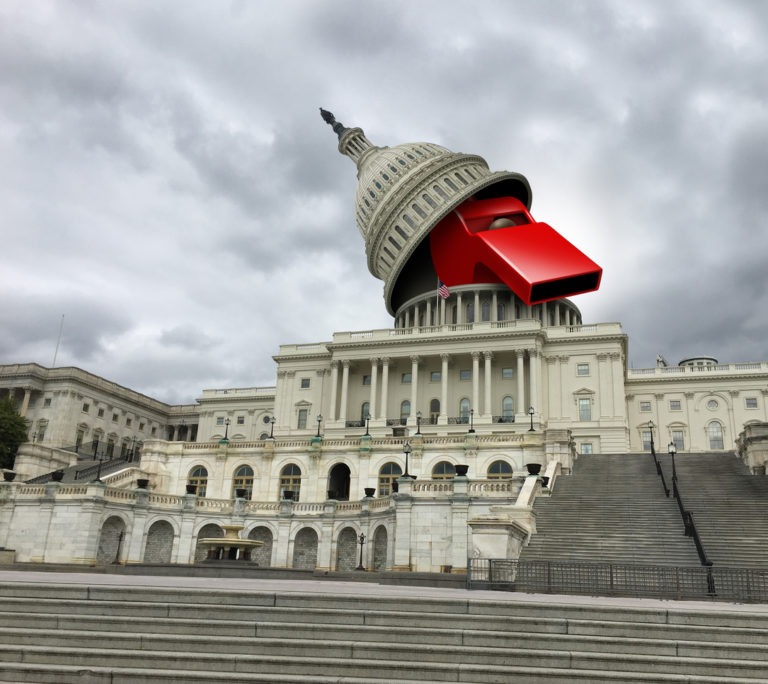False Claims Act Qui Tam Whistleblower Protection
The FCA protects:
- “lawful acts . . . in furtherance of an action under [the FCA]”; and
- “other efforts to stop 1 or more [FCA] violations.” 31 U.S.C. § 3730(h)(1).
Recent cases have interpreted this protected activity to include:
- internal reporting of fraudulent activity to a supervisor;
- steps taken in furtherance of a potential or actual qui tam action; or
- efforts to remedy fraudulent activity or to stop an FCA violation.
 FCA whistleblower protection attaches regardless of whether the whistleblower mentions the words “fraud” or “illegal.” The employer need only be put on notice that litigation is a “reasonable possibility.” A reasonableness standard is inherently flexible and dependent on the circumstances; thus, “no magic words—such as illegal or unlawful—are necessary to place the employer on notice of protected activity.” Jamison v. Fluor Fed. Sols., LLC, 2017 WL 3215289, at *9 (N.D. Tex. July 28, 2017).
FCA whistleblower protection attaches regardless of whether the whistleblower mentions the words “fraud” or “illegal.” The employer need only be put on notice that litigation is a “reasonable possibility.” A reasonableness standard is inherently flexible and dependent on the circumstances; thus, “no magic words—such as illegal or unlawful—are necessary to place the employer on notice of protected activity.” Jamison v. Fluor Fed. Sols., LLC, 2017 WL 3215289, at *9 (N.D. Tex. July 28, 2017).
An FCA retaliation claim does not require proof of a viable underlying FCA claim. The FCA anti-retaliation provisions “do[] not require the plaintiff to have developed a winning qui tam action”; they “only require [] that the plaintiff engage in acts [made] in furtherance of an [FCA] action.” Hutchins v. Wilentz, Goldman & Spitzer, 253 F.3d 176, 187 (3d Cir. 2001).
And because the Supreme Court has held that the FCA “is intended to reach all types of fraud, without qualification, that might result in financial loss to the Government” and “reaches beyond ‘claims’ which might be legally enforced, to all fraudulent attempts to cause the Government to pay out sums of money,” the term “false or fraudulent claim” should be construed broadly. U.S. ex rel. Drescher v. Highmark, Inc., 305 F. Supp. 2d 451, 457 (E.D. Pa. 2004).
The False Claims Act anti-retaliation law protects whistleblowers who try to prevent one or more violations of the FCA, as long as they have an objectively reasonable belief that their employer is violating, or will soon violate, the FCA. This prong of FCA protected conduct requires facts that support a reasonable inference that the whistleblower believed that their employer was violating the FCA, that their belief was reasonable, that they registered their complaints based on that belief, and that their complaints were designed to stop one or more violations of the FCA.
Case law has clarified that efforts to stop an FCA violation are protected even if they are not meant to further a qui tam claim. For example, refusing to falsify documentation that will be submitted to Medicare is protected.
The second prong (“other efforts to stop FCA violation”) is subject to an “objective reasonableness” standard, which requires only that an employee’s actions be “motivated by an objectively reasonable belief that the employer is violating, or soon will violate, the FCA.” United States ex rel. Grant v. United Airlines Inc., 912 F.3d 190, 200 (4th Cir. 2018).
False Claims Act Whistleblower Protection LawWhistleblower Retaliation Damages
See our tips to get the maximum recovery in your whistleblower retaliation case.
Retaliation Prohibited by the False Claims Act
Defense Contractor Whistleblower Protection Act
The Defense Contractor Whistleblower Protection Act provides robust protection for whistleblowers in the defense industry. Our article in Practical Law summarizes the elements of a DCWPA claim.
Whistleblower Protections Under the National Defense Authorization Act (w-008-5821)False Claims Act Whistleblower Protection Lawyers
If you have suffered retaliation for whistleblowing, call our leading False Claims Act whistleblower protection lawyers at 202-262-8959 to schedule a free, confidential consultation. U.S. News and Best Lawyers® have named Zuckerman Law a Tier 1 firm in Litigation – Labor and Employment in the Washington DC metropolitan area.
We can advise you about your options and devise a strategy to maximize your recovery.
Click here to read reviews from clients that we have represented in whistleblower rewards and whistleblower protection matters nationwide.








